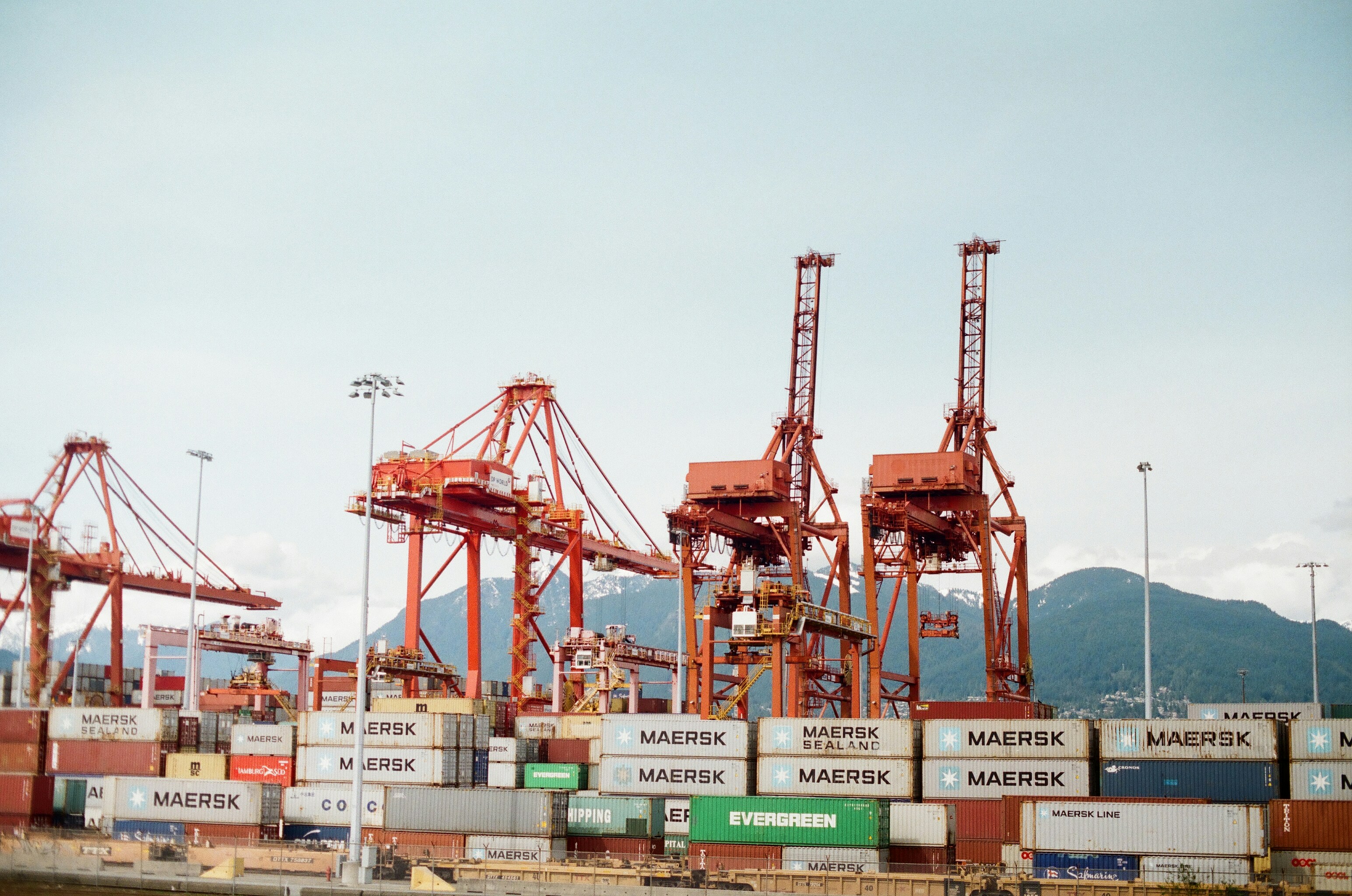The Rise of Globalization: Understanding Its Impact and Future
April 14, 2025 | by riseinternational40@gmail.com
 Photo by Library of Congress on Unsplash
Photo by Library of Congress on Unsplash Defining Globalization: An Overview
Globalization can be understood as a multifaceted process characterized by the increasing interconnectedness and interdependence of countries and societies across the globe. Its origins can be traced back to historical trade routes and interactions between civilizations, but it has evolved dramatically in recent decades. The definition of globalization encompasses various dimensions, including economic, cultural, political, and technological elements, each contributing to this complex phenomenon.
Economically, globalization refers to the integration of markets through trade liberalization, allowing goods, services, and capital to flow more freely across borders. This integration has led to the rise of multinational corporations, which play a significant role in shaping global economic landscapes. These corporations capitalize on differences in labor costs and regulations, thereby creating both opportunities and challenges for local economies. Furthermore, globalization has facilitated access to a wider array of products and services, benefiting consumers worldwide.
Culturally, globalization leads to the exchange of ideas, values, and cultural practices among diverse societies. This cultural interchange can enrich societies by broadening perspectives and fostering innovation. However, it also raises concerns about cultural homogenization, where local traditions and identities may diminish in the face of dominant global cultures, particularly from Western nations.
Politically, globalization has transformed state sovereignty and governance structures. As nations become more connected, global governance mechanisms and international organizations have emerged to address transnational issues, such as climate change and human rights. This evolution challenges traditional notions of state power and complicates the political landscape.
Technologically, advancements in communication and information technology have been the driving force behind globalization. The internet and digital platforms have revolutionized how information is shared and transactions conducted, contributing to a more integrated global economy. However, this technological reliance also presents challenges, including issues related to cybersecurity and digital inequality.
In conclusion, understanding globalization requires a comprehensive examination of its various dimensions and implications. While it offers numerous benefits, such as increased economic opportunities and cultural exchange, it also presents inherent challenges that societies must navigate as they move forward in this interconnected world.
The Future of Globalization: Trends and Predictions
The future of globalization is set to be significantly influenced by various trends that reflect the ongoing transformation of the global landscape. One of the foremost trends is digital transformation, which has accelerated dramatically in recent years. As businesses adopt advanced technologies such as artificial intelligence and blockchain, the very nature of global trade and communication is evolving. Digital platforms are breaking down traditional barriers, allowing for seamless global transactions and remote collaboration, hence enhancing interconnectedness among nations.
Furthermore, shifting geopolitical dynamics are altering the contours of globalization. The rise of emerging markets, particularly in Asia and Africa, signals a move toward a more multipolar world. These regions are increasingly becoming pivotal players in global trade and investment, leading to the reconfiguration of supply chains and trade routes. As countries invest in their own industries and pursue protective economic policies, the global trade landscape is becoming more competitive and interconnected yet distinctly fragmented.
Another crucial factor reshaping the future of globalization is the rising importance of sustainability. As global awareness of environmental issues grows, businesses and consumers are prioritizing sustainable practices that have implications for international trade. The demand for ethically sourced products and environmentally friendly practices is prompting companies to adapt their operations, thus affecting supply chains and market dynamics. The COVID-19 pandemic has further accentuated this need for resilience in supply chains, as many organizations are now reevaluating their dependency on single markets and exploring diversification to mitigate risk.
In conclusion, the future of globalization will likely revolve around the interplay of digital technologies, geopolitical shifts, and sustainability imperatives. Understanding these evolving trends is essential for individuals, businesses, and governments as they navigate the complexities of an increasingly interconnected world.
RELATED POSTS
View all

